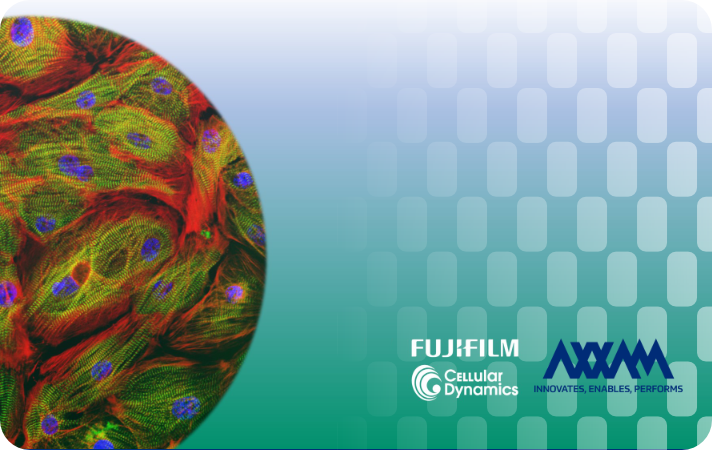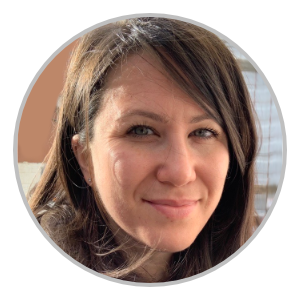
Ravi Vaidyanathan joined FUJIFILM Cellular Dynamics in 2019, after obtaining a PhD in Pharmacology and gaining over 10 years of research experience in the cardiac field. He is a cardiac cellular electrophysiologist by training with a special focus on the mechanisms of arrhythmia and generating in-vitro (stem cell) and in-vivo (animal) disease models to study inherited arrhythmia syndromes. As a Sr. Product Manager at FUJIFILM Cellular Dynamics, he manages the cardiovascular portfolio, including the launch of multiple products, such as the iCell Cardiac Fibroblasts, and the iCell Brain Microvascular Endothelial Cells, which are part of the iCell Blood-Brain Barrier Kit.




